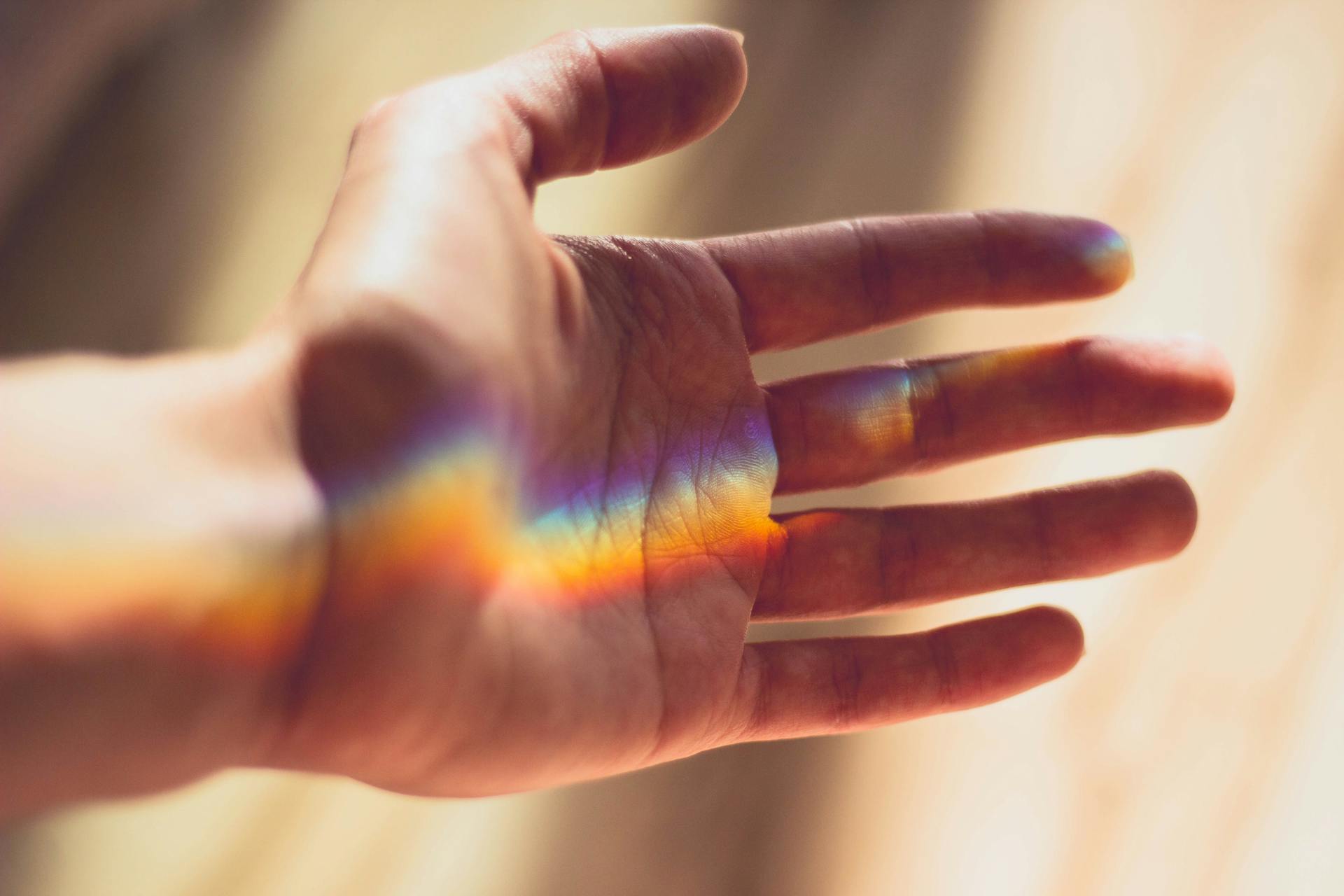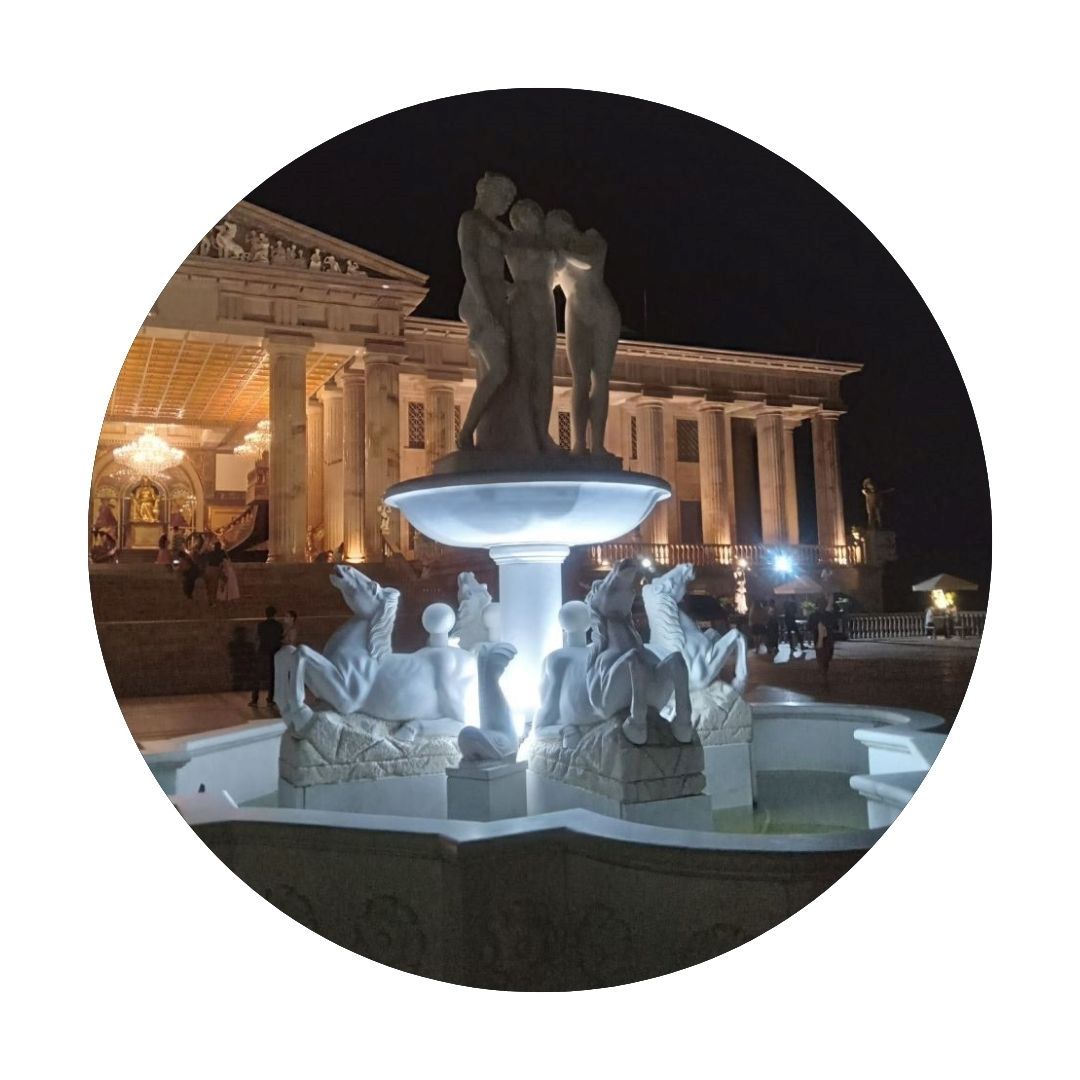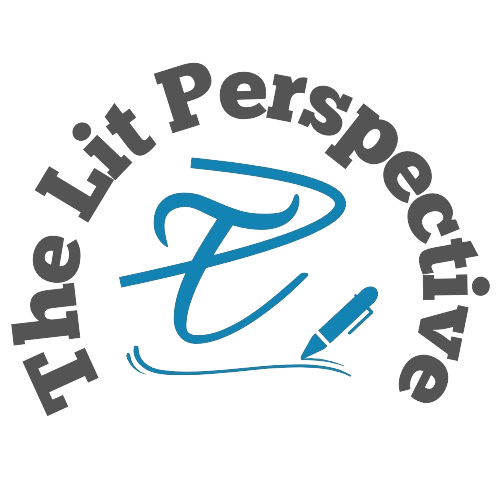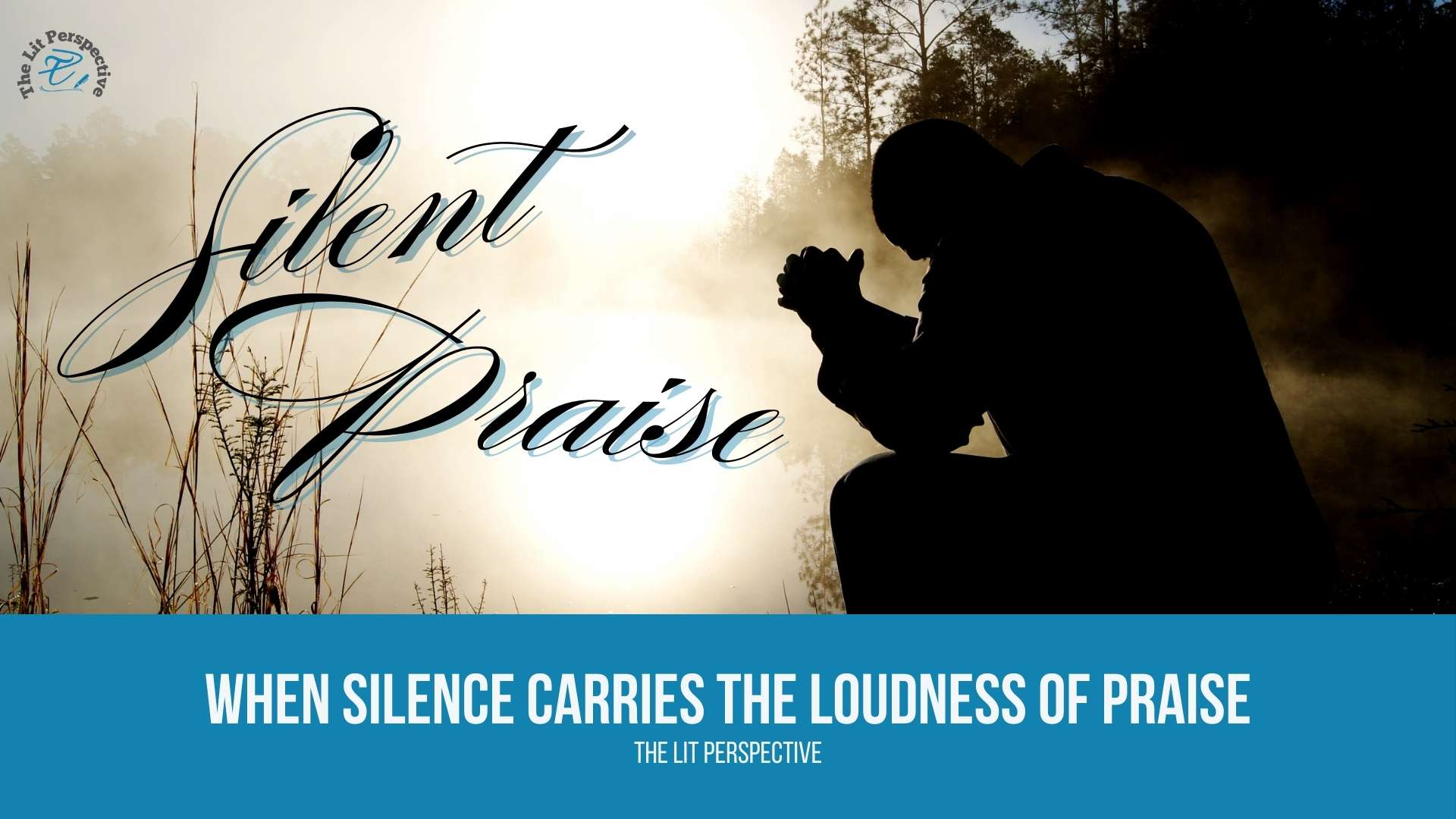TheLitPerspective is your one-stop shop for everything that ignites the spark of curiosity within you.
A Rainbow of Beliefs: Why We Should Learn of Other Faiths

Photo by Valeria Boltneva
Here at The Lit Perspective, we believe that faith is part of the underlying human experience we all share. There is a rainbow of beliefs out there on the horizon, and it should behoove us all to go look at it.
Though its veracity may never known holistically and comprehensively, religion is still a very persistent and fundamental pillar of the human experience. Whether it is fully immersed in or outside of it, religion shapes cultures and informs values.
For countless individuals, religion is a reliable guide.
Yet, many navigate our increasingly interconnected world with a very limited view of the total breadth of human faith.
In a world that is often divided by religious differences, learning about other religions is not just an intellectual and social pursuit but a personal journey of growth. Learning about other faiths is a path that helps dismantle stereotypes and fosters empathy.
By venturing beyond the familiar, we enrich our lives and make a more peaceful world. Ultimately, building bridges of understanding creates a more vibrant and interconnected network of human experience.
So, embark on this journey of self-discovery with The Lit Perspective: a rainbow of beliefs awaits.
Why We Should Learn of Other Faiths
A compelling reason to explore diverse religious traditions is to dismantle the walls of prejudice and understand each other a lot better.
Often, fear and mistrust stem from ignorance. When we lack knowledge about another religion, we conjure caricatures in our heads, painting all adherents with the same brush. Studying different belief systems allows us to appreciate the vast spectrum within each religion.
- Within Christianity alone, countless denominations exist, each with nuanced interpretations of scripture and practices.
- Similarly, Islam encompasses many schools of thought.
- Hinduism also boasts a dizzying array of regional variations.
Understanding these complexities fosters empathy and allows us to see individuals for who they are, not simply representatives of a monolithic stereotype.
In today’s globalized world, interfaith dialogue is not just a conversation but a powerful tool for addressing pressing social issues. Religious differences can become flashpoints for conflict, leading to social unrest and, often, violence.
- By studying other religions’ core values and ethical principles, we discover surprising common ground.
Many faiths emphasize compassion, justice, and care for the less fortunate. Recognizing these shared values becomes the foundation for constructive dialogue, allowing people of different religions to work together to address pressing social issues like poverty, environmental degradation, and conflict resolution.
Contrary to a common misconception, learning about other religions does not diminish one’s faith. If it did, then perhaps your faith was not as strong as you thought it was.
- Instead, it can deepen and enrich it.
Exposure to different perspectives allows us to examine our own beliefs more critically. We discover practices or interpretations that resonate with us, leading to a more fulfilling personal faith. This doesn’t require abandoning one’s core beliefs but instead allows for a more nuanced understanding of one’s tradition in the broader context of human religious experience.
So, rest assured, your faith can coexist and even thrive in the presence of diverse religious knowledge.
A Rainbow of Beliefs
Religion is deeply intertwined with culture, shaping art, music, literature, and social customs. When we explore other faiths, we embark on a journey of cultural discovery. Understanding the religious beliefs that underlie a particular artistic expression or social practice allows us to appreciate its richness and complexity. There is indeed a rainbow of beliefs out there.
- For example, studying Islamic art allows one to understand the significance of geometric patterns and calligraphy.
- Similarly, exploring the concept of karma in Hinduism sheds light on the caste system and social hierarchy.
As we delve deeper into different religious traditions, our worldview expands, allowing for a richer and more textured understanding of the human experience.
In an increasingly interconnected world, being a responsible global citizen necessitates understanding the world’s diverse religious landscape. Religious literacy empowers us to interact with sensitivity and respect, whether navigating international business deals, working in foreign aid, or simply engaging in online discussions.
By understanding religious mores, like holidays, dietary restrictions, and the cultural sensitivities of others, we create a more inclusive and welcoming environment. This understanding fosters cooperation and allows us to work together to address global challenges.
Challenges and Considerations
While the benefits of learning about other religions and establishing a rainbow of beliefs are undeniable, navigating this diverse landscape requires a respectful and open-minded approach. It’s crucial to approach different belief systems with respect and an open mind. Beware of biased or sensationalized sources of information. Seek out reputable scholars and engage with practitioners of other faiths whenever possible.
Remember, the goal is not to convert anyone but to foster understanding and appreciation. So, let’s get The Lit Perspective when it comes to faith and religion.

Alex is a writer with two modes: simple and wild. He’s equally at home going either way. He always has something to say and something to offer, even if it’s only after a few minutes of furious googling. He loves reading and writing random stuff in his spare time.







